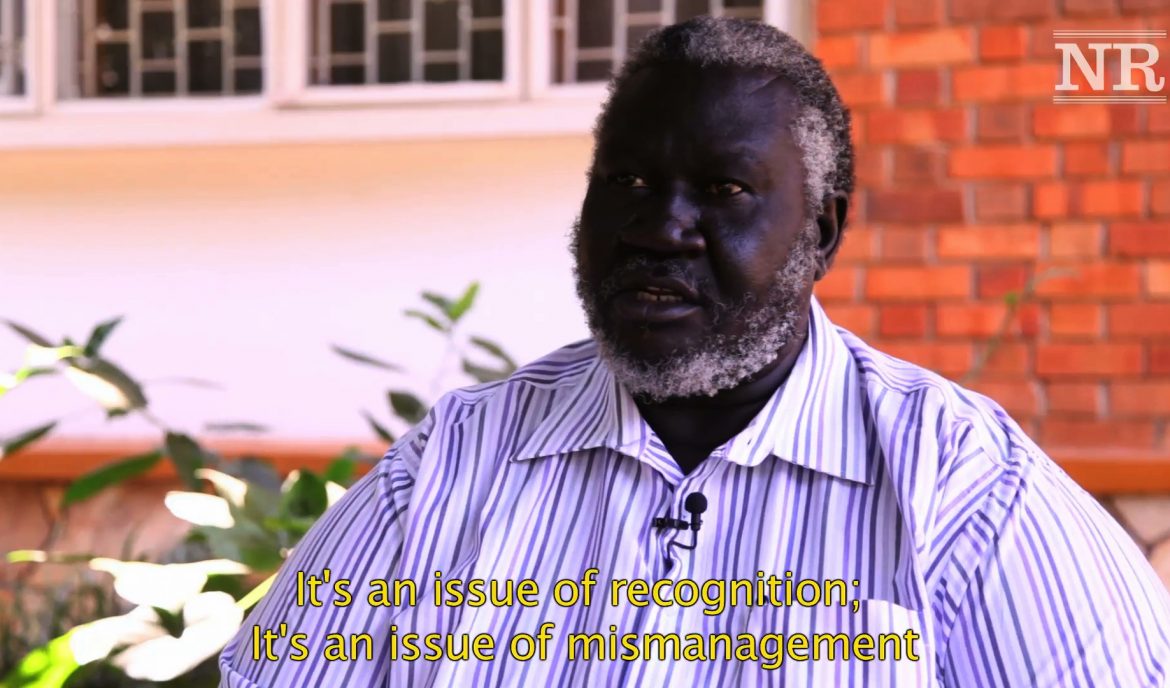As bombings continued in the Nuba Mountains, negotiations to resolve political, military and humanitarian crises in Sudan’s Blue Nile and South Kordofan States began today in Addis Ababa, Ethiopia.
Former South African President Thabo Mbeki will lead the new round of talks between the Sudanese government and the rebel SPLM-North, more than 10 months after the last talks stalled when the two sides could not agree on an agenda.
However none of Sudan’s rebel leaders have any hope that the talks will bring peace or even tangible progress. The leaders of the Sudan Revolutionary Front – a coalition comprising groups from Blue Nile, South Kordofan and Darfur – say only comprehensive talks with all opposition groups can bring real change.
“From the beginning I don’t have any hope for Addis Ababa negotiation,” said Abdul Wahid al-Nur of Darfur’s SLA-AW. “We have, with this government, 43 piece-meals [agreements, which] never succeeded. [Adding] 44 or 45 will not succeed.”
In the past, Sudan has refused to negotiation with the SRF coalition as a whole. Leaders from the SPLM-North said they would only attend the Addis Ababa talks to discuss humanitarian access in Blue Nile and South Kordofan. However in the weeks leading up to the talks, Sudan’s chief negotiator, Ibrahim Gandour, said he would prefer to hold comprehensive discussions.
The Sudan Tribune quoted Gandour, as saying the government wanted talks addressing the “root causes” of the conflict. He rejected SRF’s demand to focus on humanitarian access, currently blocked in South Kordofan and Blue Nile. The government called the humanitarian crises in those regions “symptoms” of the greater, underlying conflict.
SRF leaders share this sentiment with the government, but SRF and SPLM-North Secretary-General Malik Agar says humanitarian issues are a path to broader discussion. Agar said, “We cannot be in a high moral ground when our people are being bombarded and denied food and denied access.”
Despite this, a Sudan Sukhoi-24 jet dropped 18 bombs in Tabanya, South Kordofan as the talks opened. There was another bombing in Um Serdiba, where an unconfirmed number of civilians were wounded.
The bombings are the latest in a string of attacks in the lead-up to the talks. 27 bombs were dropped within two days in the Buram and Heiban counties of South Kordofan. “The philosophy of this government, whenever there is a negotiation, is to kill very massively in order to bring you weak in a negotiation table,” said SLA-AW’s al-Nur in an interview a week earlier.
According to JEM leader Jibril Ibrahim, any agreement reached in Addis will be meaningless. In 2012 a ‘Tripartite’ agreement was signed by both the SPLM-North and the Sudanese Government to allow delivery of food and aid to South Kordofan and Blue Nile states. But the agreement’s first steps were never taken.
Ibrahim said the SPLM-North will not be enticed by the negotiations into a broader peace deal without the SRF coalition, because of rebel groups’ commitments to each other. “We used to quarrel among ourselves and fight among ourselves,” he said. “Now we are putting all our resources against the regime.”
According to SRF Secretary General Agar, real talks must address the identity of Sudan and it’s society. “There is a monopoly of power and a monopoly of the identity of Sudan and a religious monopoly also. But Sudan is so diverse and it is resolvable. It is only a matter of which are the right buttons to touch.”





